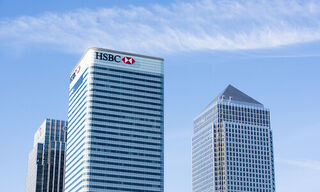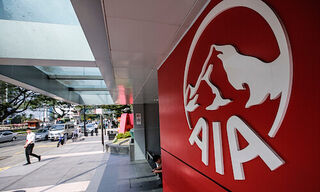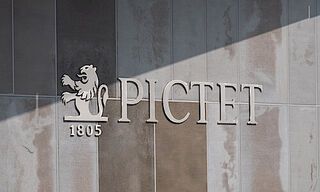Was the Hong Kong Exchange's $39 billion bid for the London Stock Exchange doomed from the start? And if it was, who would benefit most from the debacle that followed?, Shruti Advani, finews.asia's editor-at-large writes.
Charles Li, the chairman of Hong Kong Exchanges and Clearing is not a man to be trifled with - unassuming though he may be, he is nonetheless the architect behind one of the most robust capital markets in the world.
He is certainly not used to being ridiculed – until this week when blowback from HKEX’s foiled attempt for The London Stock Exchange culminated in accusations of naivety at best and inadequacy at worst. In Hong Kong, there is much consternation at what is largely billed as yet another attempt to discredit the region as a financial powerhouse and theories abound about what went wrong and why.
A Year In The Making
The local tycoon population that the Hong Kong Exchange helped create and now services, has panned the bid as «a complete and utter failure» and a «loss of face that Hong Kong could have done without at this time» says one of them on the phone from his home at Jardine’s Lookout on Hong Kong island.
Despite a phalanx of advisors drawn together from leading investment banks led by Moelis & Co., much of the criticism leveled at Li and his team has focused on how ill-prepared they seemed to be. Ironically, HKEX claims the deal had been debated for well over a year.
Saving Face
Hoping a public offer would be harder to reject than a closed door conversation, HKEX announced the bid for LSE preemptively – with Li going as far as to call it a «corporate Romeo and Juliet story». Perhaps he forgot how that particular story ended in tragedy.
«Keeping face is a very important part of Chinese society, of how we do business,» says the tycoon, «So making an announcement before there is any agreement defies any conventional wisdom.»
Along with other similarly well-heeled peers, this particular Hong Kong old-timer is confounded by many aspects of the bid.
All Talk, No Cash
Despite its recent troubles, Hong Kong remains a magnet for global capital. Were its exchange to seek funding to diversify its business model, there would be a flood of money that would be made available relatively cheaply.
It is then more than a little unconventional that there was mostly paper and little cash behind HKEX’s $39 billion offer – generally, the more difficult the deal is to cinch, the higher the cash component offered as a sweetener.
«If the bid was a serious one they would have had the cash to back it up,» says the tycoon, «Either they knew it would probably amount to nothing or there was some other objective at play.»
Ultimate Authority
Under regular circumstances, it would be bold for any power in Hong Kong « much less a civil servant who serves at the pleasure of the government – to mount a bid of this magnitude without expressed authority from Beijing. Against the current backdrop of heightened geopolitical tensions, it would be unthinkable.
Indeed, there are many who believe the idea would have had to germinate from «outside the exchange» and is motivated by a political and strategic rather than a financial agenda.


























